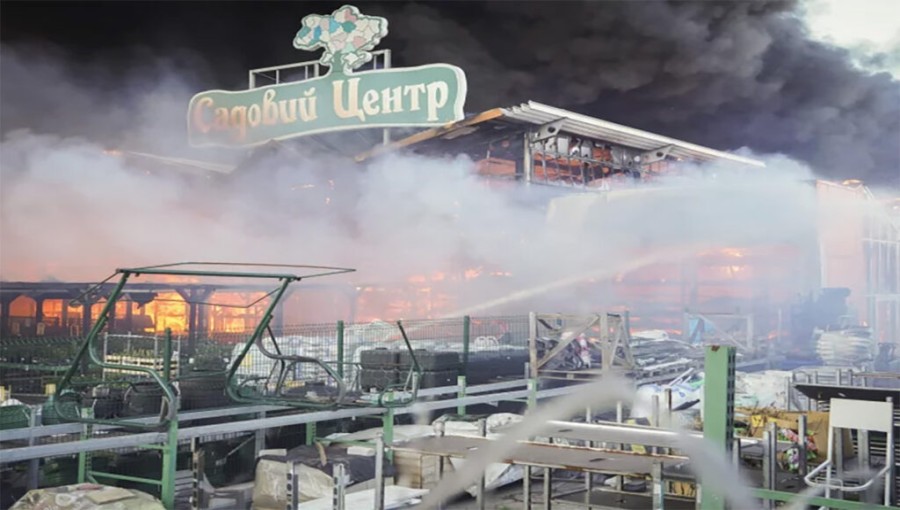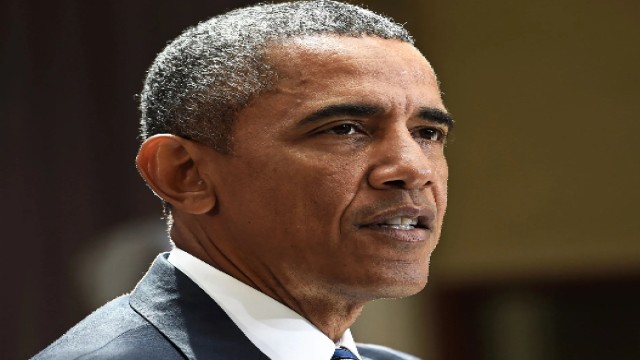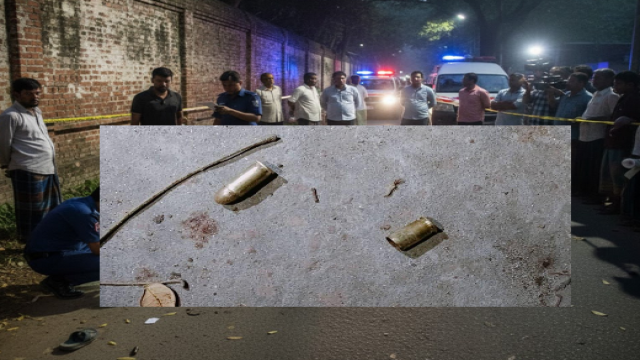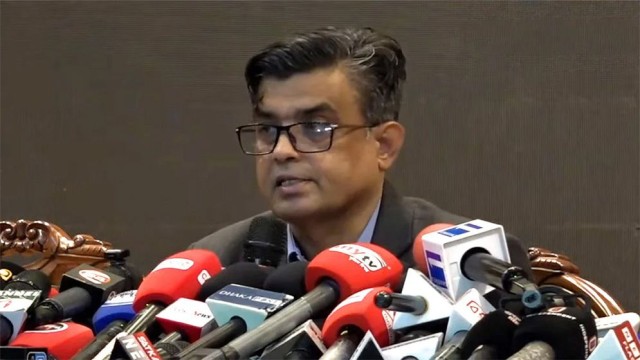Kyiv, 21 June 2024 – In a bold move against Russian military infrastructure, Ukraine has conducted drone strikes on Russian fuel depots, resulting in fires in at least two regions. This information was reported by the news agency AP on Thursday (June 20).
The Ukrainian security agency executed drone strikes in the Tambov and Adygea regions of Russia. According to Russian authorities, the attacks led to significant fires at two fuel depots. Kyiv claims these depots are crucial for supplying fuel to the Russian military, justifying the strikes as part of their ongoing efforts to disrupt Russian military operations.
Ukraine has intensified its attacks on various Russian territories in recent months, focusing primarily on border areas. The targeting of fuel depots is seen as a strategic move to impair the logistical support of the Russian armed forces.
In response to the drone strikes, the Russian Ministry of Defense released a statement on Thursday, claiming that the Russian military has launched a massive counterattack on Ukrainian armed forces. This counteroffensive reportedly caused significant disruptions to Ukraine's power grid, exacerbating the country's energy crisis amid ongoing conflict.
The strikes on Russian fuel depots highlight the ongoing and escalating conflict between Ukraine and Russia. Both sides have been engaging in reciprocal attacks, each aiming to weaken the other's military capabilities and infrastructure.
By targeting fuel depots, Ukraine aims to cripple the operational capacity of the Russian military, potentially slowing down their movements and reducing their effectiveness. On the other hand, Russia's attacks on Ukraine's power grid are intended to demoralize the population and create logistical challenges for the Ukrainian military.
The recent drone strikes by Ukraine on Russian fuel depots and the subsequent Russian counterattacks underscore the persistent volatility and escalation in the Ukraine-Russia conflict. As both nations continue to engage in strategic strikes, the international community remains watchful of the potential for further intensification and the broader implications for regional and global stability






























Comment: